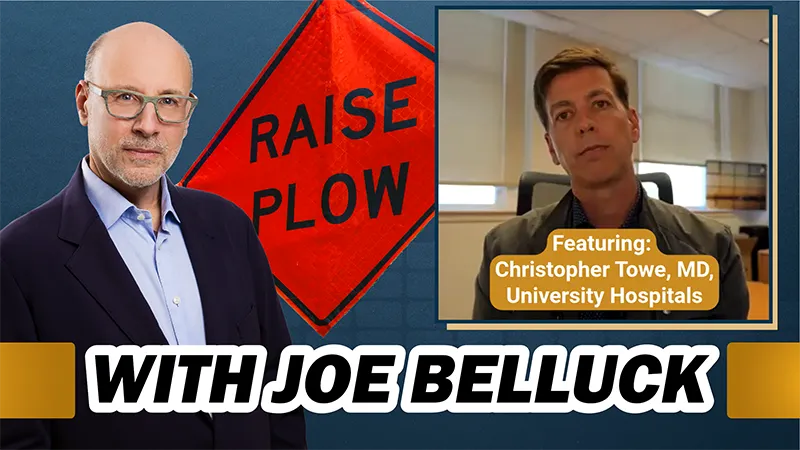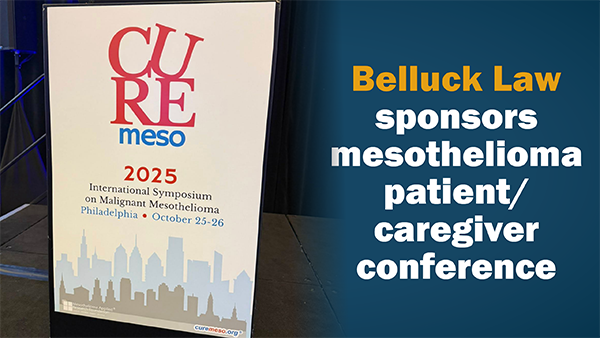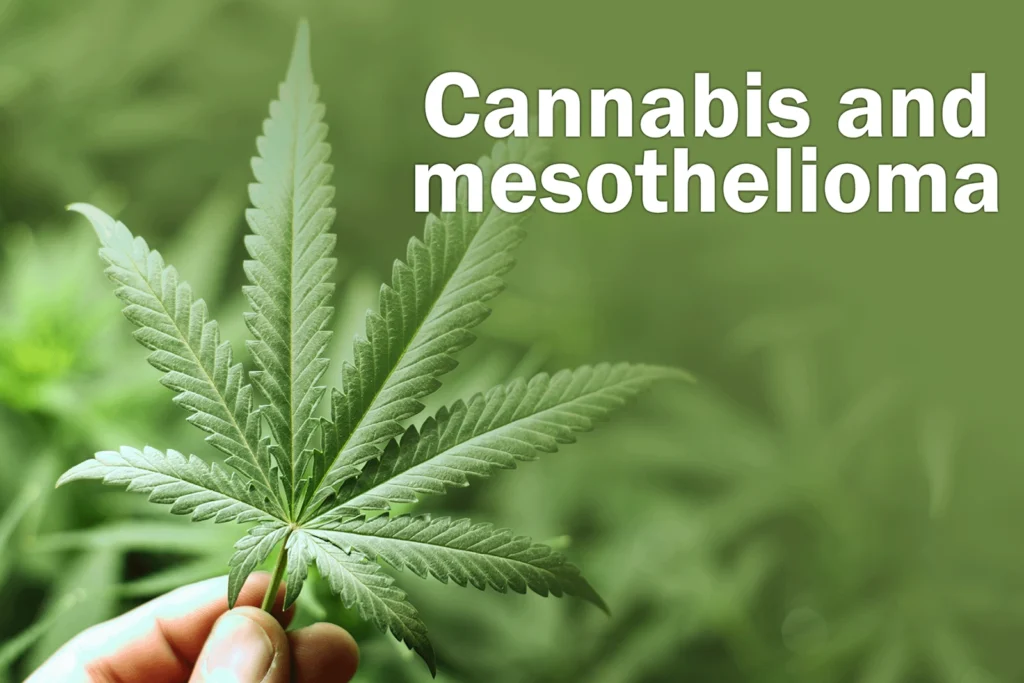Navigating a Mesothelioma Diagnosis: Interview with Thoracic Surgeon Dr. Christopher Towe

Mesothelioma is one of the most aggressive and devastating forms of cancer. This rare cancer, which is caused by asbestos exposure, is difficult to diagnose, and even more challenging to treat, making it critically important for patients to seek care from specialists who understand the complexities of the disease.
In a recent episode of the Raise Plow podcast, Dr. Christopher Towe, a thoracic surgeon at University Hospitals in Cleveland, Ohio, shared his expertise in diagnosing and treating mesothelioma. With training from top institutions like Cornell, Memorial Sloan Kettering, and NYU under mesothelioma pioneer Dr. Harvey Pass, Dr. Towe brings both skill and compassion to his work with patients.
What is mesothelioma and why is it so difficult to diagnose?
Table of Contents
- 1 What is mesothelioma and why is it so difficult to diagnose?
- 2 Why seeing a mesothelioma expert matters
- 3 Understanding treatment options: more than just surgery
- 4 Surgery isn’t always the answer—and that’s okay
- 5 Mesothelioma’s link to asbestos
- 6 Treating the whole person, not just the cancer
- 7 Final thoughts
- 8 About the Raise Plow podcast
Mesothelioma most commonly affects the lining of the lungs (pleura) and can be misdiagnosed at first as pneumonia or allergies due to symptoms like shortness of breath and chest pain. By the time it is identified, the disease may have progressed significantly.
Diagnosis begins with imaging, like CT or PET scans, and often includes draining fluid from the chest (thoracentesis). But as Dr. Towe emphasized, “A biopsy is really the gold standard.” That’s because fluid samples can be inconclusive, and accurately diagnosing mesothelioma often requires examining tissue under the microscope, ideally by a pathologist with mesothelioma experience. Many patients benefit from having their samples sent to specialized centers like Mayo Clinic or Memorial Sloan Kettering for a second read.
Why seeing a mesothelioma expert matters
“Even a good local hospital may only see one or two cases a year,” Dr. Towe noted. “You want someone who has a real relationship to this disease.” Expertise matters not just in performing complex surgeries, but in making the right call about whether surgery is appropriate in the first place.
“You don’t want a pilot who’s flown two planes,” he said. “You want someone who’s spent thousands of hours in the air. That’s the kind of expertise mesothelioma patients deserve.”
Specialists can also connect patients with the latest treatment options and clinical trials, which are rapidly evolving.
He drew another analogy: “Trying to treat mesothelioma without that experience is like trying to get an education by reading an encyclopedia. The information is in there, but it’s hard to know what matters. And it’s already out of date.”
Understanding treatment options: more than just surgery
There’s no one-size-fits-all approach to treating mesothelioma. Every case is different, and treatment must be tailored based on the cancer’s stage, subtype, genetic markers within the tumor, the patient’s overall health, and their wishes and goals.
Mesothelioma treatments include:
- Chemotherapy
- Immunotherapy (such as checkpoint inhibitors)
- Targeted therapies (based on specific tumor markers or genetics)
- Surgery (for select patients)
Surgery ranges from aggressive procedures like extra-pleural pneumonectomy (removing a lung) to more conservative ones like pleurectomy/decortication, which spares the lung while removing the cancerous tissue.
“We used to think about really aggressive surgeries like extra-pleural pneumonectomy, where you remove the entire lung,” he explained. “But over time, we realized that more lung-sparing approaches like pleurectomy and decortication could be safer and just as effective when combined with chemotherapy.”
As Dr. Towe explained, modern approaches aim to balance effectiveness with patient safety.
“Radical surgery has to be weighed very carefully. You need to be sure the patient is strong enough not just for the operation, but for the recovery and follow-up treatment,” he said.
Surgery isn’t always the answer—and that’s okay
For some patients, surgery may not be recommended. In those cases, chemotherapy and immunotherapy remain important tools.
Dr. Towe also performs less invasive surgical procedures to help manage symptoms.
“Some people still need procedures to manage fluid buildup, so they can breathe easier or tolerate chemo better,” said Dr. Towe. “That might mean a talc pleurodesis or a PleurX catheter. Those things may not cure cancer, but they can make a huge difference in daily life.”
He added, “Even if I’m not the one doing the definitive treatment, I’m still part of the care team. We all work together (oncologists, radiologists, surgeons, palliative care) trying to help patients through this.”
Mesothelioma’s link to asbestos
Dr. Towe sees patients with a wide range of asbestos exposures. “You’d be surprised how many people initially say they were never exposed,” he shared. “But then they remember a summer job tearing out old insulation, or that their father brought home dusty work clothes.”
Asbestos exposure doesn’t have to be prolonged or obvious. Even short-term or secondhand contact can be enough to cause mesothelioma decades later.
Treating the whole person, not just the cancer
Perhaps what sets Dr. Towe apart most is his deeply human approach. “It starts with respect,” he said. “You have to meet people where they are. Not everyone wants every detail or research paper. But they do want the truth.”
He emphasizes radical honesty and informed choice by never pushing surgery for its own sake, and always being transparent about risks and expectations. “Surgery can help people. It can also hurt people. That’s why the decision to operate is never made lightly.”
Final thoughts
Mesothelioma is a life-changing diagnosis, but patients don’t have to navigate it alone. With experts like Dr. Towe and multidisciplinary teams that include oncologists, radiologists, and support staff, patients today have more options than ever before.
About the Raise Plow podcast
Raise Plow is a podcast hosted by Joseph Belluck, the founder of the Belluck Law firm. The podcast seeks to explore in depth issues related to asbestos, mesothelioma, personal injury, examining them from a perspective of the law, medicine, and the intersection of the two.




